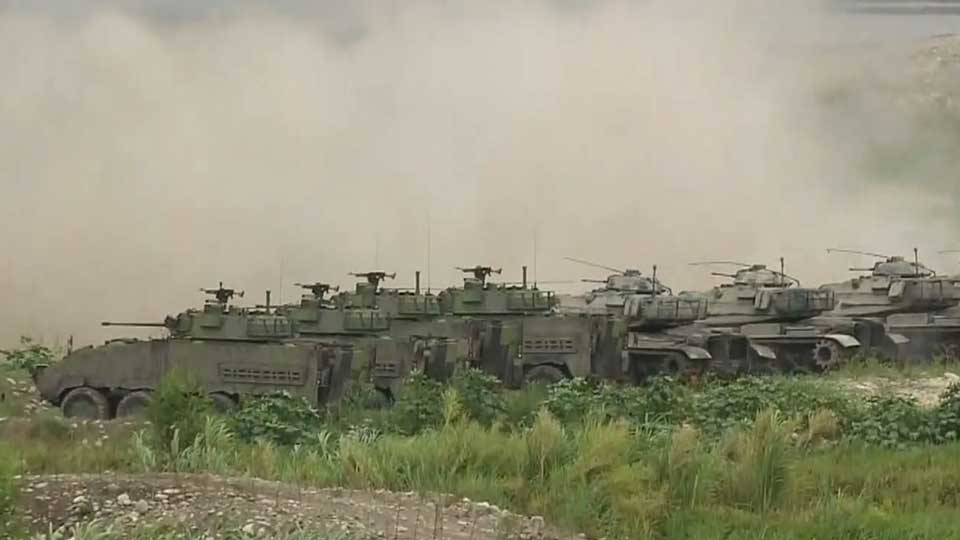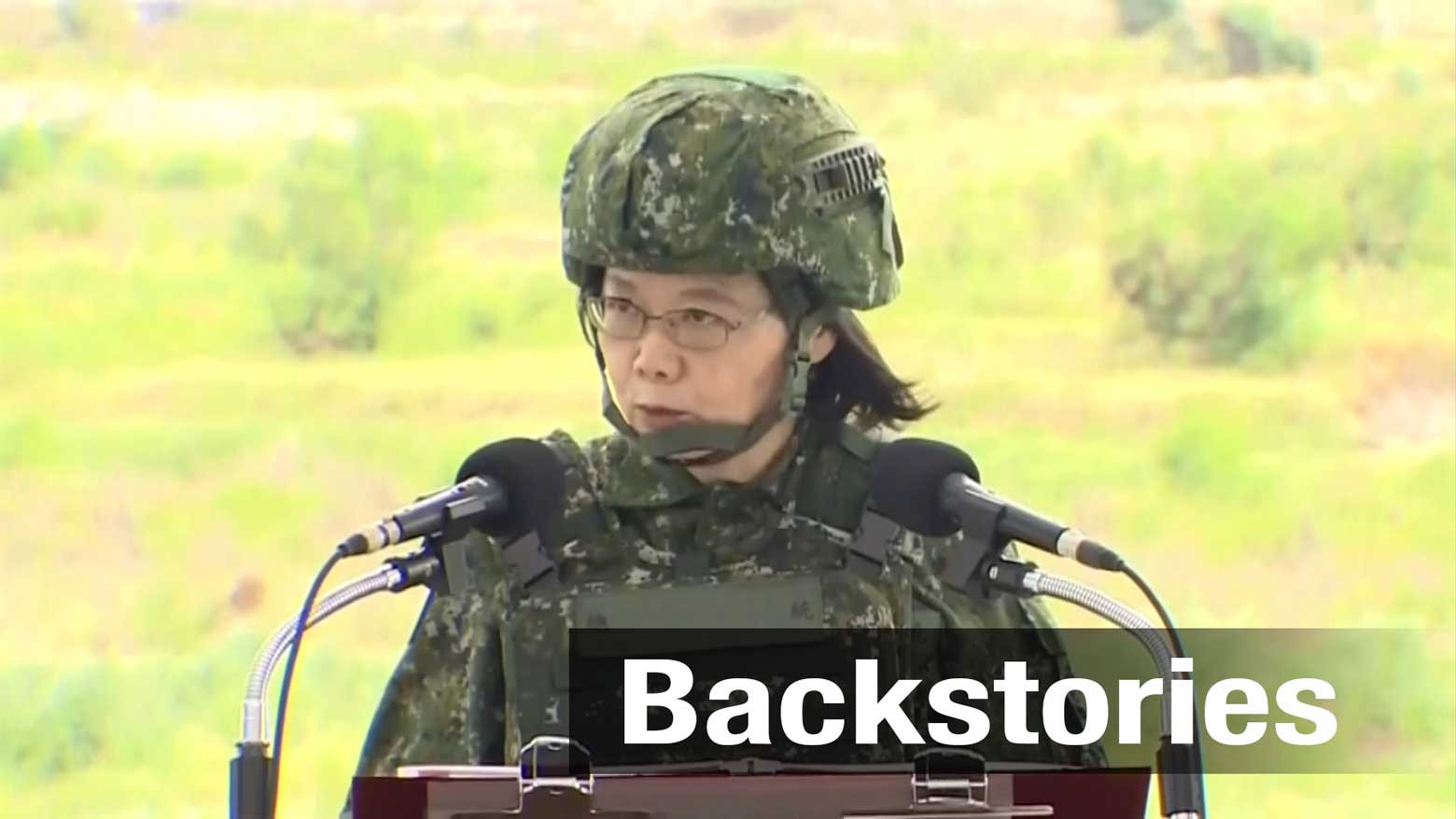The Taiwanese Defense Ministry says Chinese military jets have been seen flying around Taiwan on at least 16 occasions in the first half of this year. By contrast, it happened only five times last year. And the planes’ routes appear to have changed, bringing them much closer to Taiwan.
Taiwan’s Foreign Affairs Minister Joseph Wu expressed concern during a press conference with foreign media on July 22, saying, “China is trying to change the status quo around Taiwan.”
A US Congressional advisory body, the U.S.-China Economic and Security Review Commission, warned in May that China was trying to exploit the world’s focus on the coronavirus, saying “With the world distracted… China also intensified its multi-faceted pressure campaign against Taiwan.”

But Taiwanese military affairs expert and Tamkang University associate professor Dr. Alexander C. Huang says Beijing’s goal isn’t simply trying to increase pressure on Taiwan’s Tsai Ing-wen, whose strong opposition to China is the central pillar of her administration’s platform. He thinks the country’s deepening confrontation with the United States is a major part of the calculation.
The US has had a more prominent military presence near Taiwan in recent months. It flew an MC-130 aircraft and a B-52 bomber around the island in February, and twice sent ships through the Taiwan Strait in April. A US transport aircraft then flew over Taiwan in June. Dr. Huang says China’s flights are a response to that.
In May, the Trump administration agreed to sell Taiwan 18 heavyweight torpedoes and other military equipment. And in July, Washington approved the sale of parts needed to upgrade the PAC-3 missile defense system.
The Chinese government responded by saying it would impose sanctions on Lockheed Martin, the US firm that makes the arms to be sold to Taiwan, though it did not specify what those sanctions would be or when they would be applied.
Chinese Foreign Ministry Spokesman Zhao Lijian said, “China firmly opposes US arms sales to Taiwan and urges the US to honor its commitment to the one-China principle... and stop selling arms to and having military ties with Taiwan to avoid further damage to China-US bilateral relations as well as peace and stability across the Taiwan Strait.”
Ohara Bonji, senior fellow at the Sasagawa Peace Foundation and former member of Japan’s Maritime Self-Defense Force, is an expert on Chinese military affairs. He said that neither China nor the US wants to start a war, but it is not clear whether everyone in the Chinese military understands the central government’s intentions.
“The Chinese government has been saying it has taken full control of the South China Sea. That misconception might lead the military to act in an aggressive manner,” he says. “It’s also possible that support from Washington will help Taiwan adopt a stronger attitude toward China, in which case, China will take countermeasures to break the momentum.”
Ohara says he thinks the current climate could easily lead to an accidental clash.

